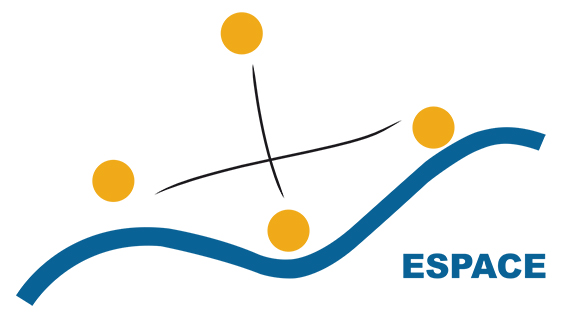Anthropological approaches of the population/environment relationship : a field of research for human ecology
Les approches anthropologiques de la relation population/environnement : un champ de recherches pour l'écologie humaine
Résumé
Drawing on various research studies, the author (a biological anthropologist) highlights the fact that population dynamics cannot be understood outside the specific context of the environment in which societies live and reproduce. The environment forces humans to make biological adaptations in ways that essentially vary according to the time scale under consideration (acclimatisation, phenotypic functional adjustments, longer-term genotypic adaptations), but at the same time humans modify their environment, which goes from being a constraint to becoming a place where actions that can have consequences for that constraint can be integrated.
In this sense, anthropological biologists who examine the ways in which human populations evolve and the processes by which they adapt are well equipped to take part in a human ecology approach in which the relationship between humanity and nature is approached essentially from the point of view of the relationship between human populations and their environment.
En s'appuyant sur différents travaux de recherches l'auteur (anthropologue biologique) met bien en évidence le fait que la dynamique d’une population ne peut s'appréhender en dehors du contexte particulier que constitue le milieu dans lequel les sociétés vivent et se reproduisent. En effet le milieu contraint l'Homme à des adaptations biologiques selon des modalités qui varient essentiellement en fonction des échelles de temps considérées (acclimatation, ajustements fonctionnels phénotypiques, adaptations génotypiques à plus long terme), mais d'autre part, l'homme modifie son environnement qui, de contrainte, devient lieu d'intégration d'une action pouvant avoir des conséquences sur cette contrainte.
En ce sens, les anthropologues biologistes qui s’interrogent sur les modalités d’évolution des populations humaines et sur les processus adaptatifs sont bien armés pour participer à une démarche d’écologie humaine où la relation entre l’humanité et la nature est abordée essentiellement à partir de la relation entre les populations humaines et leur environnement.
| Origine | Fichiers éditeurs autorisés sur une archive ouverte |
|---|
